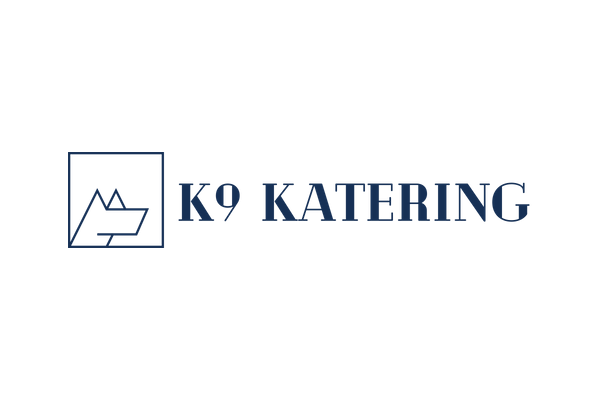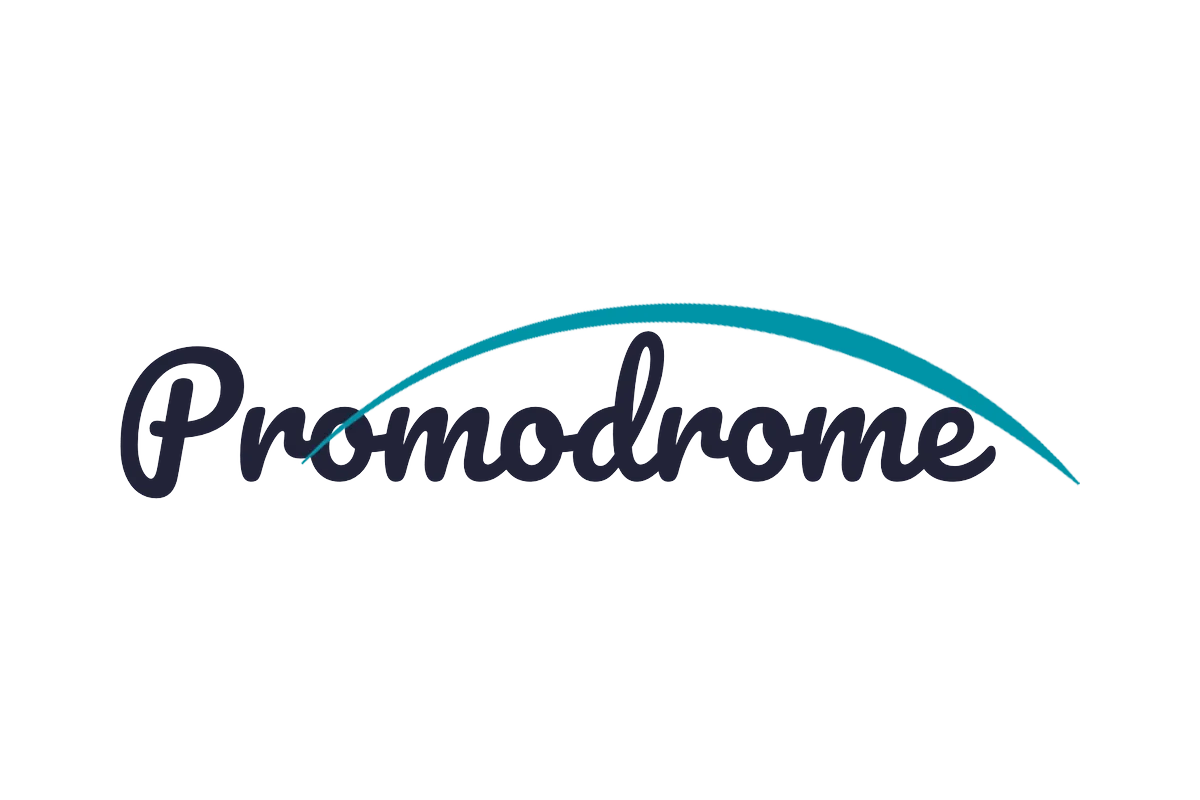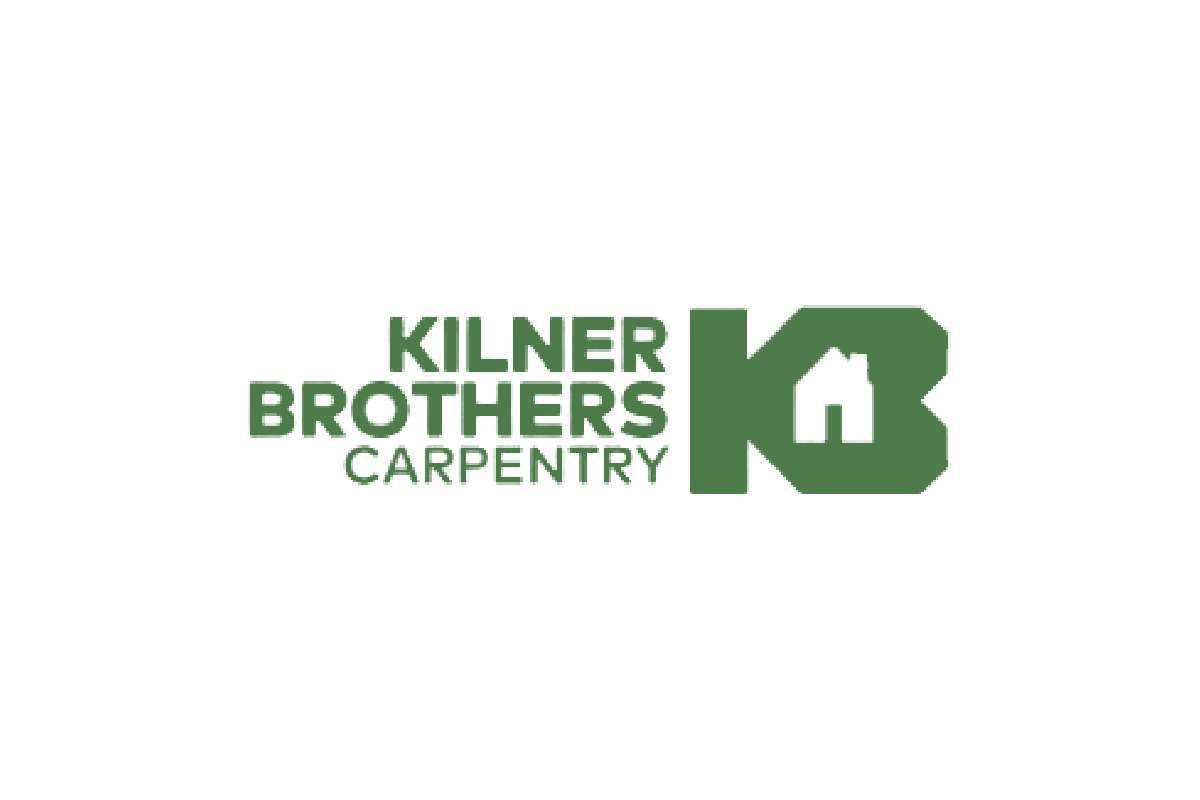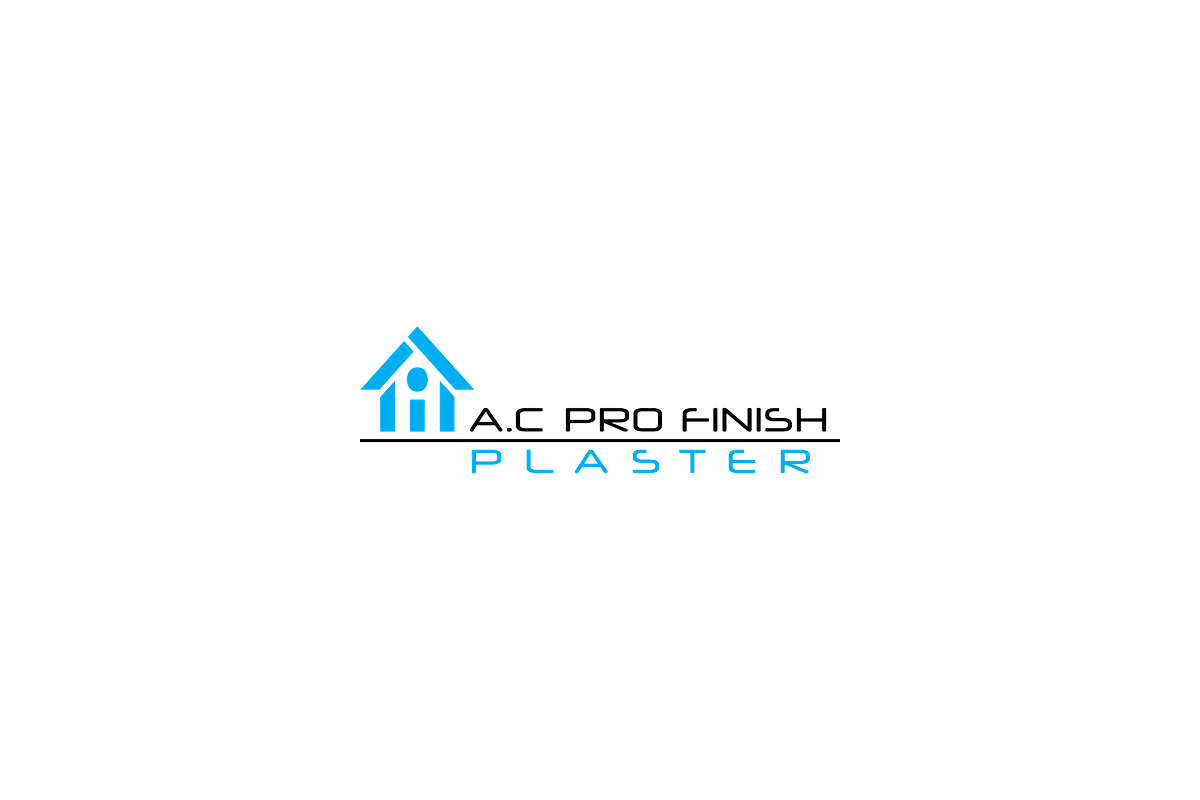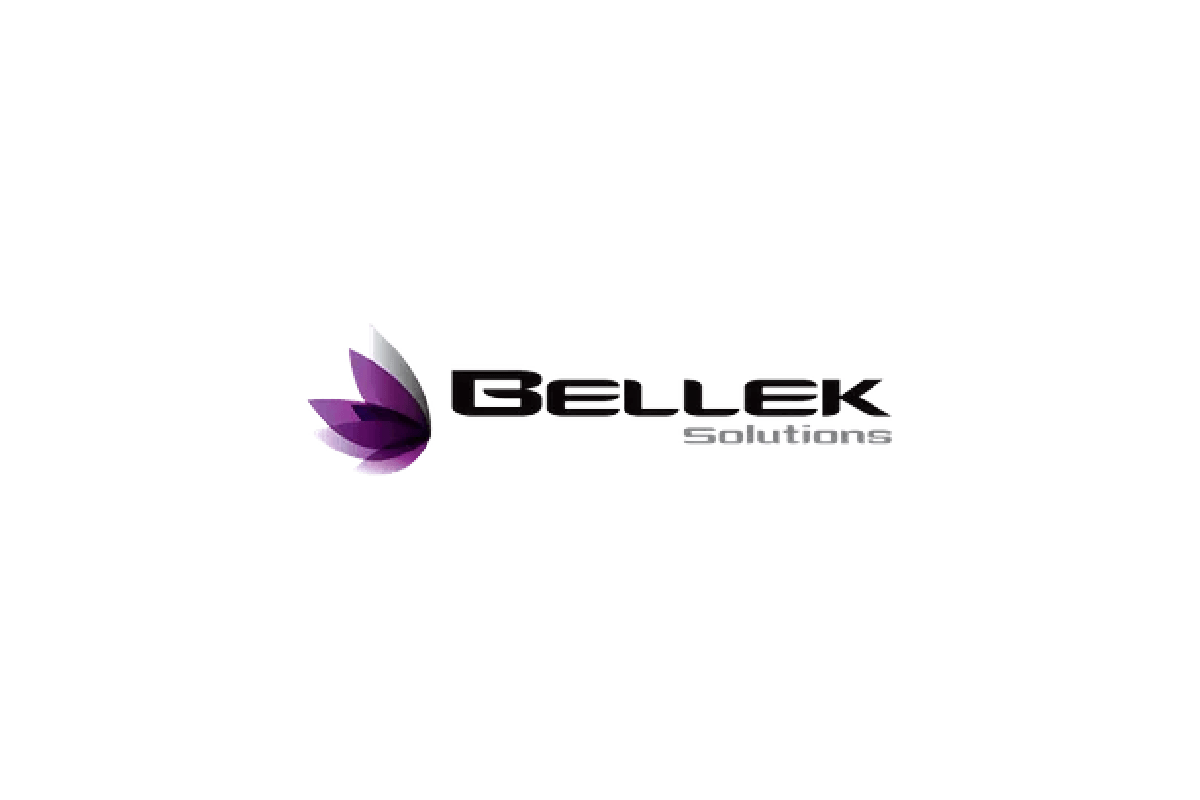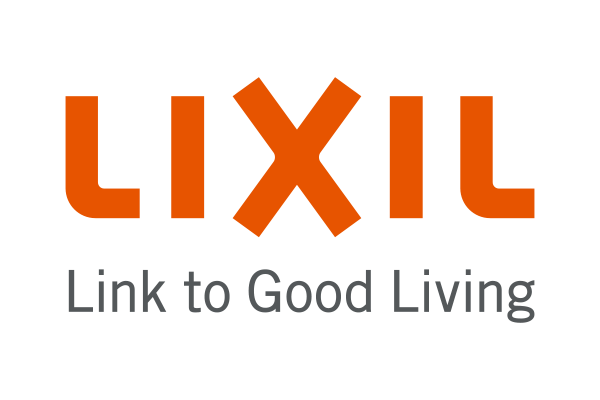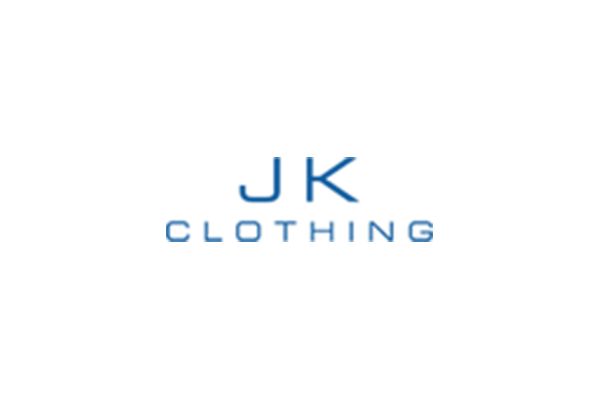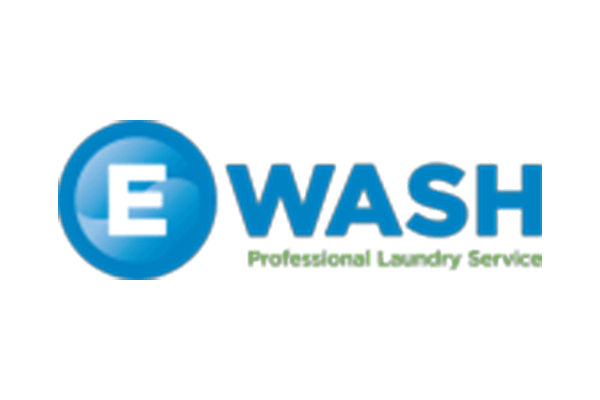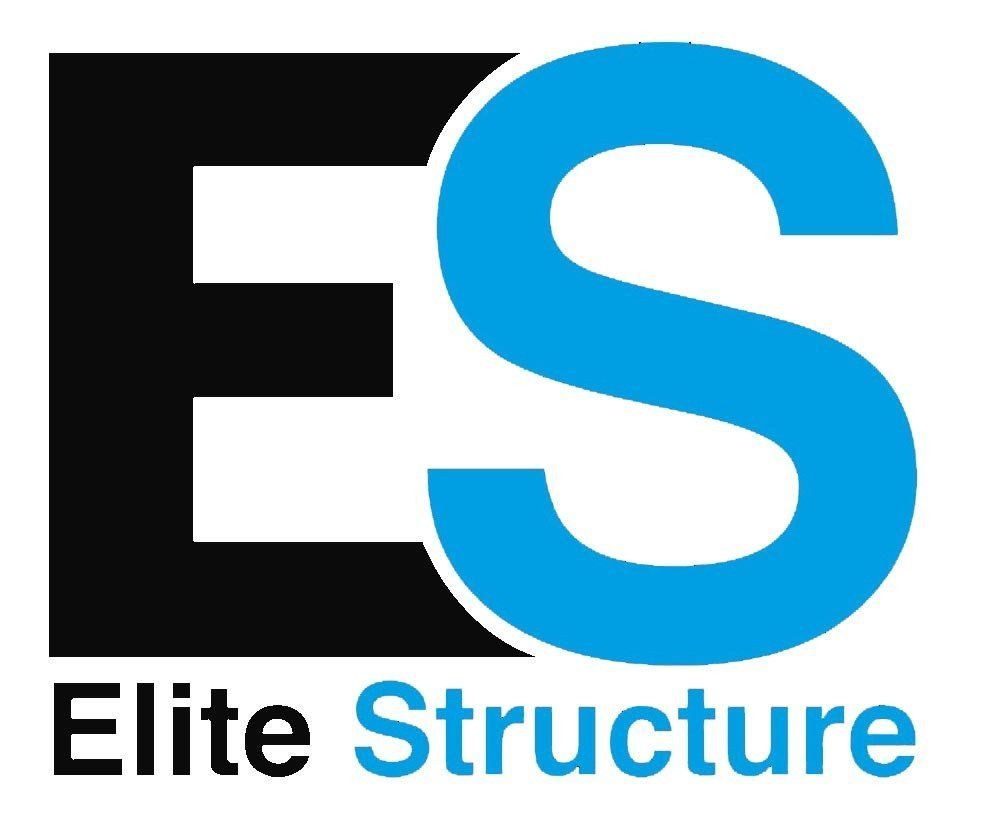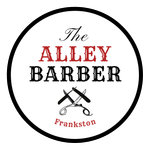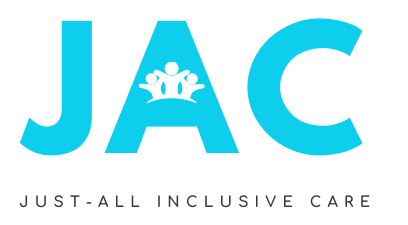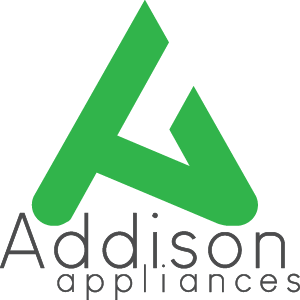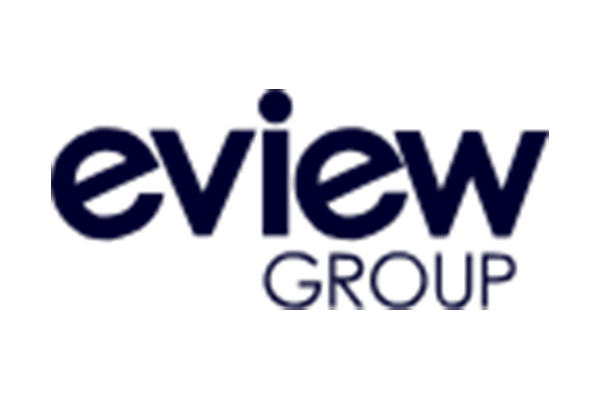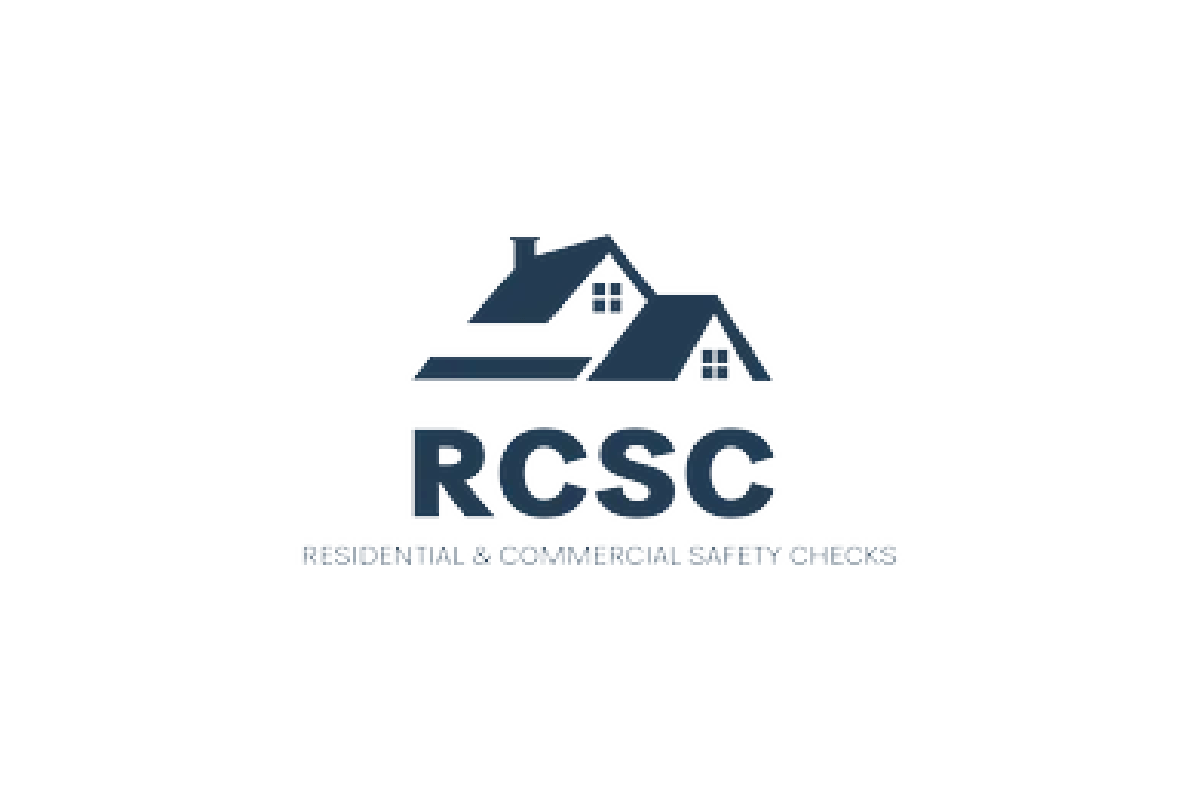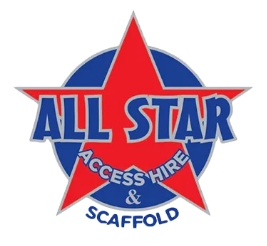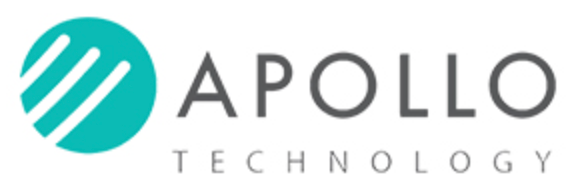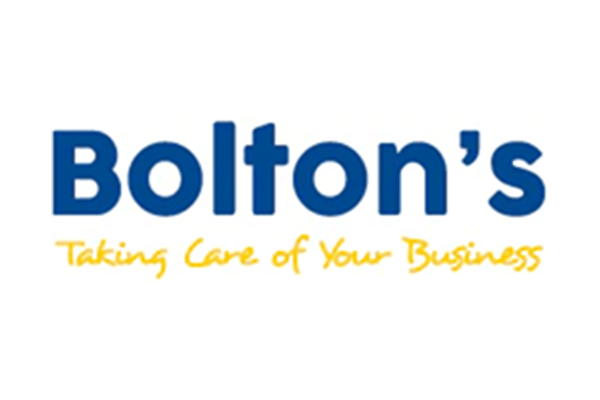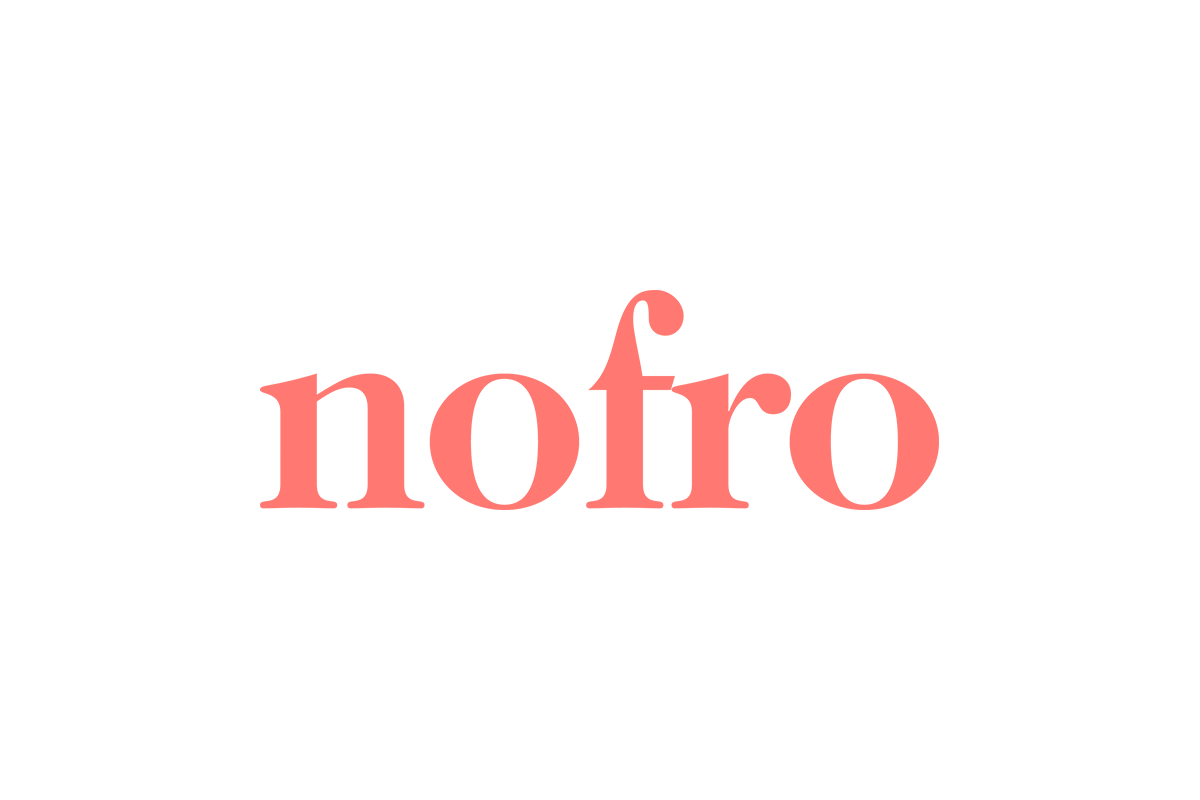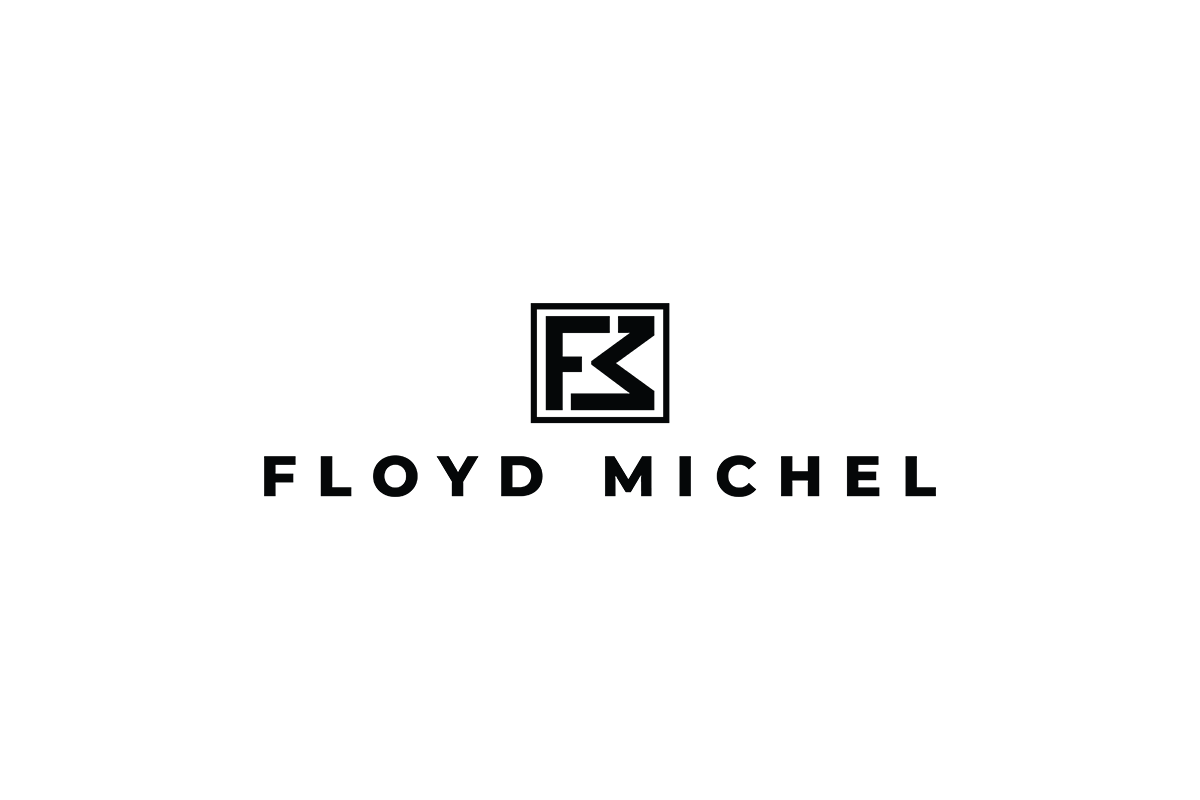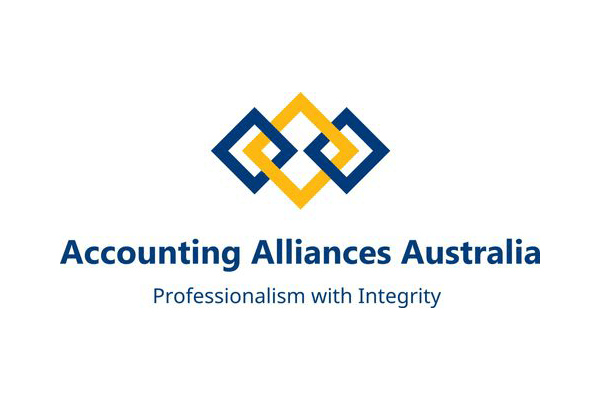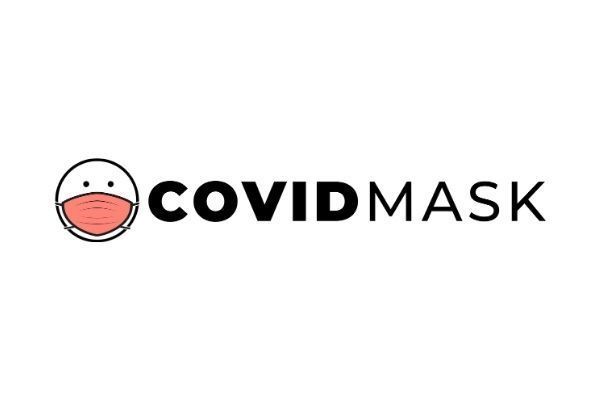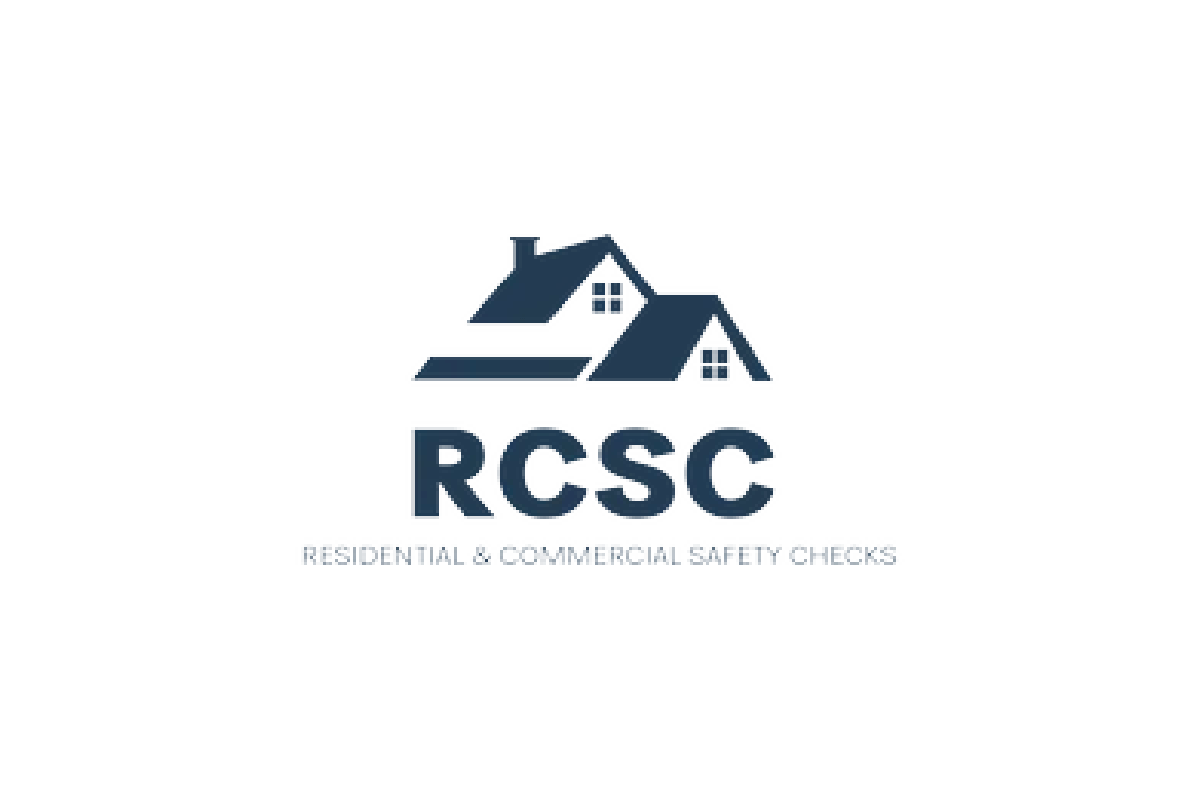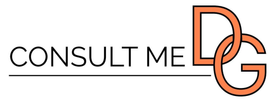Why Facebook Blocks Real Estate Ads
Why Facebook Blocks Real Estate Ads
For real estate agencies, Facebook is an excellent platform for disseminating and creating pages to promote their homes for sale or rent in a very effective way.
However, as a Facebook advertiser, you probably must have noticed the recent changes implemented by the social media giants which include blocking your ads which relate to real estate.
Today, advertising rules which apply to advertising in mainstream media such as TV commercials, banners, signs, and also internet are invading social media platforms. As a result of this, it is necessary to take certain precautions to avoid Facebook blockages and apply the practices recommended by the platform.
To avoid the worst-case scenario where your account is blocked or your ad taken down, certain aspects must be taken into account to avoid these damaging situations.
How to avoid getting blocked on Facebook
1. Publish original content on Facebook
On the internet, and particularly on social networks, content is king; and for that reason, to avoid blockages on Facebook, it is very important to share information and original contents (images, videos, articles, links, infographics, etc)
The algorithms can detect the images, videos and texts that are plagiarized and the said contents can be blocked.
For example, images of locks downloaded through Google are very commonly used on Facebook. However, the audiovisual contents that are downloaded from the search engine to be used in Facebook posts, are identifiable by Google algorithms.
Any content that is in the "blacklist" of Google goes to the list of contents potentially considered as spam by Facebook, and with this comes the blocking of ads, profiles, and pages.
Usually, real estate agents often extract images and videos from houses for sale on the company's own website; However, although that does not represent a potential danger of blocking, if the real estate website has any sanction by Google, it can be transferred to Facebook publications.
On the other hand, real estate companies can also try to be original by combining contents from different sources, just as real estate agents do in their profiles. However, there may be a potential problem, especially if, as mentioned earlier said, contents have been previously reported.
It must also be borne in mind that within Facebook, there is the possibility of reporting content, and when content reported directly on the platform is shared, the blockage will not wait, it comes quickly.
2. The time between publications
Persistently publishing the same ad content in the Facebook pages, groups or profiles is considered as spamming, especially if this shared content is connected to the same link.
The Facebook algorithm is designed to detect the same shared link which for example can be a home for sale, and automatically blocks the linked account or the reference page of said content (the place where it was originally published).
A solution for real estate companies that wish to publish the same content on Facebook through different pages, groups or profiles is to do so, leaving a space of 15 minutes between each publication.
It is not a recommended practice to publish indiscriminately the same content on Facebook. However, if the real estate agent wishes to do so, for different reasons, it is advisable to use the time-space method.
3. Know what's changed with Facebook's terms and conditions
It is necessary to read the terms and conditions established by Facebook, even if they are the most basic. Of course, there's no need to memorize all the guidelines, terms and conditions on Facebook. However, it is important to know the basic elements of these policies which were introduced in the platform to avoid your real estate ads getting blocked.
For example, Facebook Ads which target or exclude people, based on color, ethnicity or race are automatically and instantly blocked by its Algorithm without warning. Unfortunately, there's almost nothing to do if your advertisements are systematically classified by Facebook as being included in the category if you are actually not being discriminatory.
4. You have to understand how Facebook works
For many real estate agents, reading all the rules and policies of Facebook can be very tedious; however, it is very important to do so to avoid ads, profile and page blockages.
Based on the fact that almost no Facebook user tends to read the policies of the platform, there are some points that are fundamental to understanding the Facebook system and avoiding blockages. For instance, you have to know the difference between a profile and a page on Facebook.
The name of the real estate company should not be used to create a personal profile which will be used to serve ads. This is because Facebook profiles are for people, not for companies. Profiles are for real people, and not for companies with commercial data; for the companies, the pages should be used for ads and not profiles. Therefore, real estate pages should be created from a real profile, and if not, then a merger must be requested to Facebook.
Faced with the misuse of profiles and pages, something very common to find on the platform, Facebook allows you to solve the problem by merging the profile created incorrectly with the linked page.
From the Facebook profile, you can create the number of pages that everyone needs or wants to use to publish, with different emails and different phone numbers; However, these pages are always linked to a profile with a real name, a single email and with a single telephone.
It seems obvious, and yet Facebook continues to block dozens of real estate ads and pages daily because they are linked to profiles that are considered false.
The solution to such circumstances as we mentioned above, is to ask Facebook to merge the wrongly configured profile with the correct page. If the platform does not allow such a merger, something also quite frequent, there is the possibility of changing the administrator for a real one (a person with an authentic profile).
5. A real estate company/agent should not spam
Certain behaviors on Facebook, besides being annoying for the rest of the users, compromise the security of the accounts. Many real estate agents, although not all, try to increase their number of engagement to enhance their pages and thus increase the conversion rate.
The above in theory makes sense, however, in practice can cause a blockage of the real estate agent or real estate company's ad and even the account. For instance, the blockage as a result of mass mailings of requests of friendship in Facebook arrives, by tendency, when the receiving users reject these requests.
Publishing in pages or profiles of third parties without their authorization can cause blockages, because if the recipients of spam report the Facebook account, Facebook can block it. Any administrator of a page on Facebook can block a user, and if the spammer behavior still persists, it is very likely that the administrator reports it.
While a real estate agent or a real estate company can send notifications to their followers through messenger, using such a system in an uncontrolled way can bring blockages due to the complaints of the recipients.
6. Handling negative comments
Real estate pages on Facebook are also exposed to negative reviews and comments. The concept is that any user can make an assessment of the company through the system of page ratings, and when they are negative, real estate usually reacts quite badly.
On Facebook, the commercial pages are very exposed and also some companies often play dirty against their competitors. Meanwhile, any real estate publication can be attacked by a troll, without necessarily being a commercial competitor. However, it is something quite simple to do, and in these circumstances, we must act quickly to avoid further damage.
Nobody likes a negative comment or a destructive criticism, and in the case of a company, it's a very delicate subject; because it does not matter if the reason for the negative comments or reactions is real or not, the point is that it was published and is available to other users.
In the case of people who respond with negative reactions to a publication, it is advisable to identify the account that is damaging the real estate company and block it, so that it cannot access the publications of the corporate page.
However, and although you can also report the account to Facebook if the comments go against Facebook's policy, the vast majority of these complaints are not taken into account by the platform; because thousands of complaints of that type are generated per day.
After the real estate eventually blocks the user who made the negative comment, you can try to use the options of reporting to Facebook or even take other types of measures; although if the company faces a professional troll, the subject ends up being much more complex to solve.
7. Do not over-publish
It is very important not to publish excessively to avoid blockages. Between 5 and 7 daily status publications is advisable. And, in addition to this, your publications should be made leaving a broad time frame between each one.
Recall that the pages of real estate agents and companies are linked to their profiles, and if their profiles are blocked, their corporate pages will also be affected.
The social media publications should be aimed to increase the conversion rate of the websites, but not to saturate the users of the platforms with excessive time to time publications. Many real estate companies confuse their Facebook pages with their blog or their real estate website.
It is common to find real estate companies' publications of properties for sale; including the sale price of the house, its surface, and with a gallery of images of the house. We also often find agents that publish 3 houses for sale with 10 minutes of difference on Facebook and then they go up to three days without publishing. In the end, they get to increase the engagement of their social profiles, and only manage to decrease the conversion rate of their websites.
It is necessary to reduce the balance between publications on Facebook, planning a publication calendar, and taking great care in the type of information that is shared in these publications, to avoid reducing the conversion rate of the real estate website or getting the big axe on Facebook.
On the other hand, a real estate company does not need to publish each and every one of its houses for sale or rent on Facebook; For that, it has its website. Saturating the feeds with constant publications only promotes a possible blocking of the ad publications, account or the page.
8. Shortened links in publications
Using URL shorteners to link with the real estate website or the real estate blog is an excellent strategy to avoid Facebook blocks. By using shortened links to link external content to Facebook, you can avoid blockages brought about as a result of spam – whether intentional or accidental. Even the same destination of the link can be used by several shortened links.
In the case of creating image galleries of, for example, a house for sale published on the real estate website, it must be borne in mind that these photographs will be linked to the domain of the company (because they are hosted on the servers of the real estate company and will have a specific URL associated with the site's domain). This, for freelance real estate companies, can be a good advertising resource.
9. Use the self-certify button
Recently, Facebook introduced a feature which requires every credit, employment, and housing advertisers to self-certify that advertisements on the platform are in compliance with its anti-discrimination laws.
The self-certification button isn't a novel feature. Before now, the feature often came up in the pop-up box during ad creation. It pops up whenever you use the Boost button on your Facebook page. And now, if your ad was housing-related, then the feature would come up so you can verify.
However, Facebook is encouraging advertisers that they use their Ad Manager or Business Manager interfaces. Therefore, when your ad gets blocked, you would need to certify each publication directly on Facebook tools before going live.




